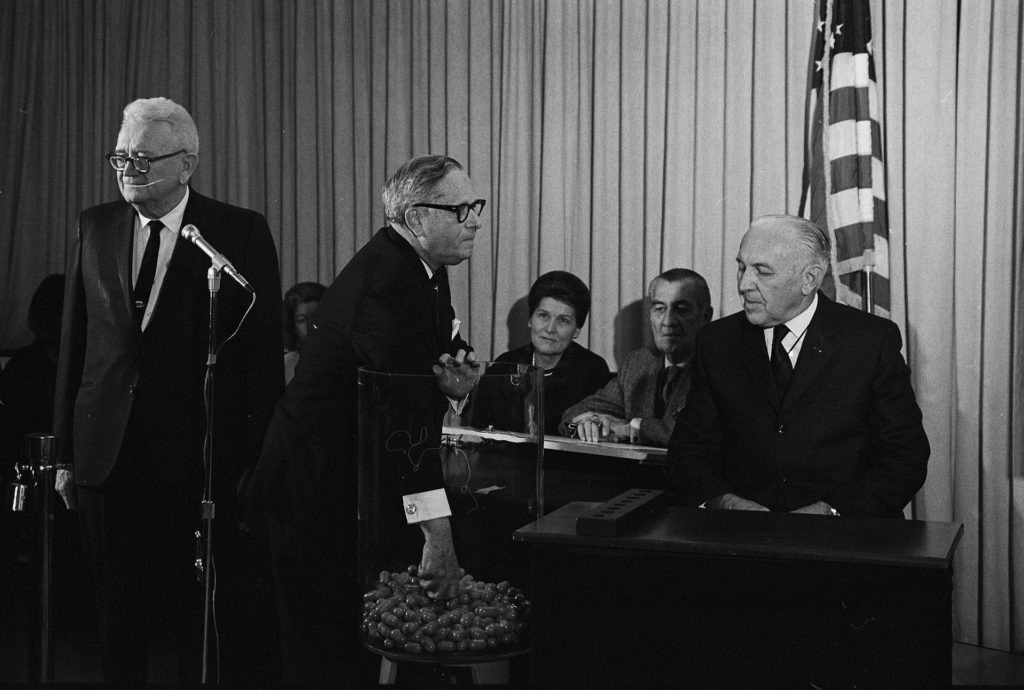
DECEMBER 1, 1969
First Military Draft Lottery since World War II
On December 1, 1969, the United States held its first military draft lottery since World War II. Men born between January 1, 1944, and December 31, 1950, were eligible for the service draft. It featured a bin containing 366 capsules, one for each birthday. The first chosen would be the first to serve. New York Congressman Alexander Pernie drew the first number: “September 14… 001” in a lottery that provided 2,215,000 service members to the U.S. military. Active conscription came to an end in 1973 when the United States Armed Forces moved to an all-volunteer military.
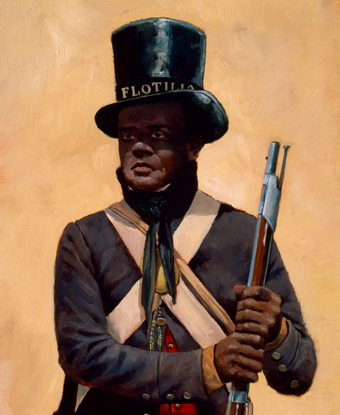
DECEMBER 2
International Day for the Abolition of Slavery
On the International Day for the Abolition of Slavery, we share the story of Charles Ball, an escaped slave living in Maryland when the War of 1812 began. He could have secured his freedom by joining the British, but he enlisted in the U.S. Navy and encouraged other African Americans to do the same. Ball served in the Chesapeake Bay for two years as a seaman and cook. His autobiography, “The Life and Adventures of Charles Ball,” shares an account of slavery in the 19th century.
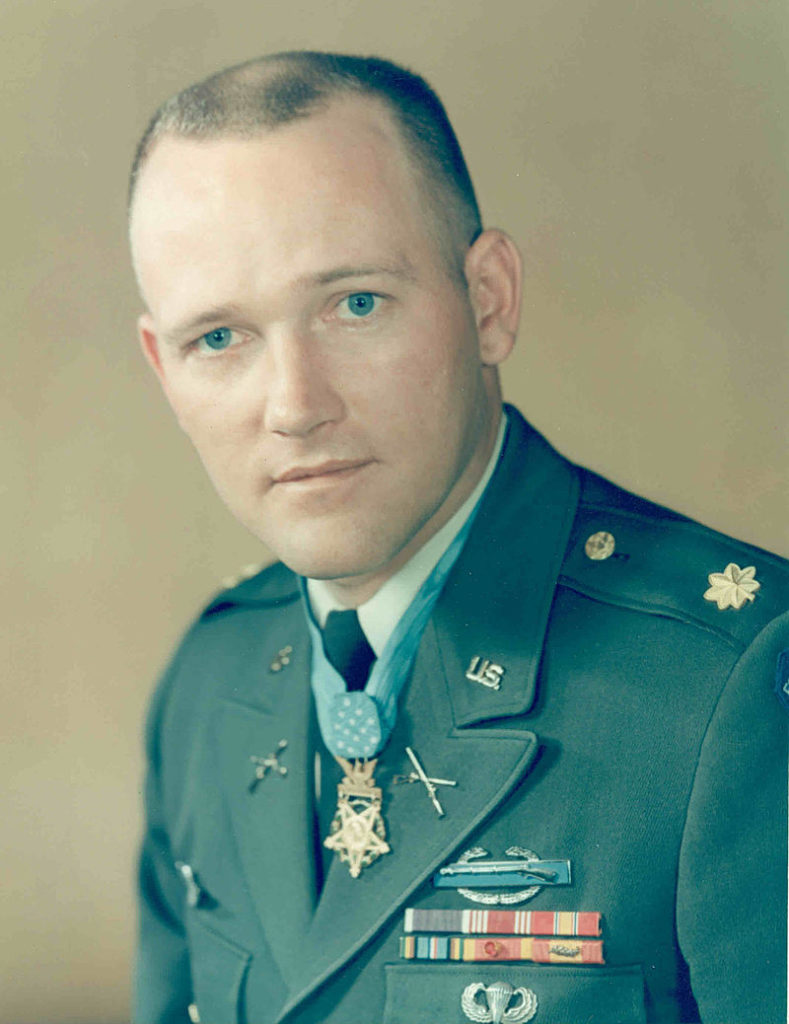
DECEMBER 5, 1964
U.S. Army Colonel Roger Donlon is the first to receive the Medal of Honor for actions in the Vietnam War
In July of 1964, Colonel Roger Donlon was commanding officer of U.S. Army Detachment A-726, 7th Special Forces Group at Camp Nam Dong when the Viet Cong attacked. Donlon directed defense operations during the violent, five-hour battle with heavy casualties. Without hesitation, he left his sheltered position and moved from position to position hurling grenades and inspiring his men. Despite injury, he protected the perimeter until the enemy retreated. At that time, he reorganized defenses and administered first aid to the wounded. His leadership and fortitude inspired both American personnel and friendly Vietnamese defenders. On December 5, 1964, Colonel Donlon was the first Vietnam War and Special Forces recipient of the Medal of Honor.
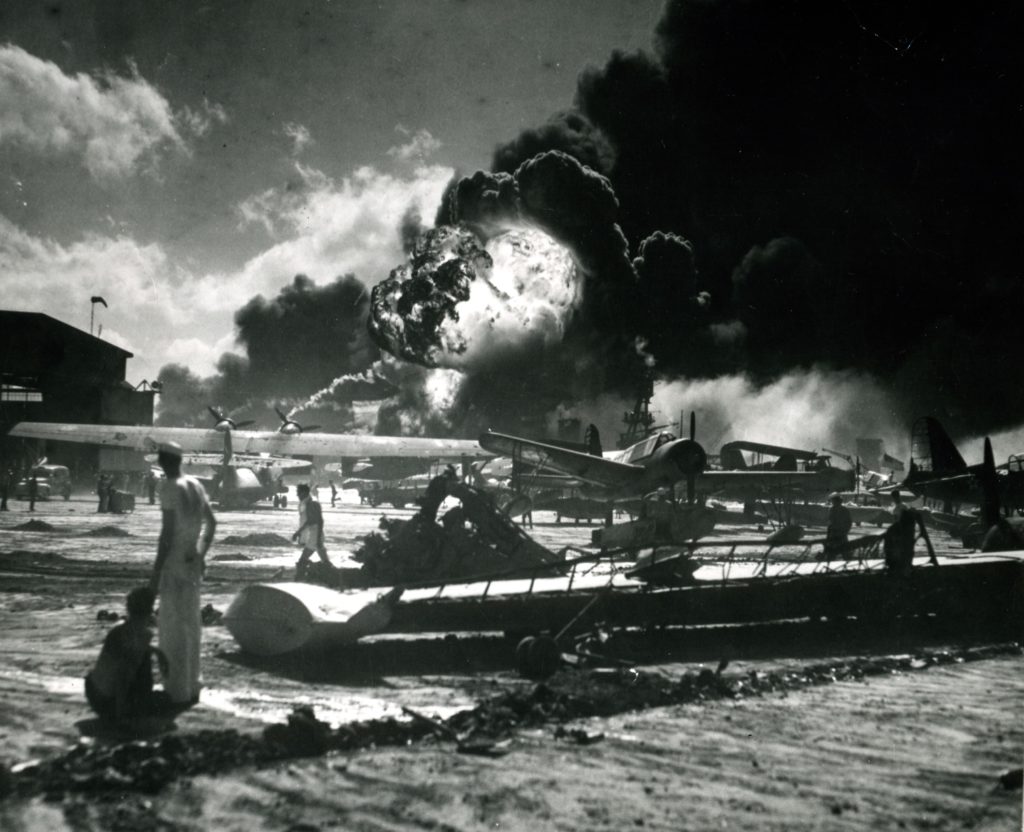
DECEMBER 7
National Pearl Harbor Remembrance Day
Pearl Harbor Remembrance Day honors 2,403 Americans who were killed in Japan’s surprise attack on Pearl Harbor in Hawaii on December 7, 1941. The deadly and unprovoked strikes against U.S. military forces is “…a date which will live in infamy,” as stated by then President Franklin D. Roosevelt. This led the United States to declare war on the Empire of Japan the next day and enter World War II.
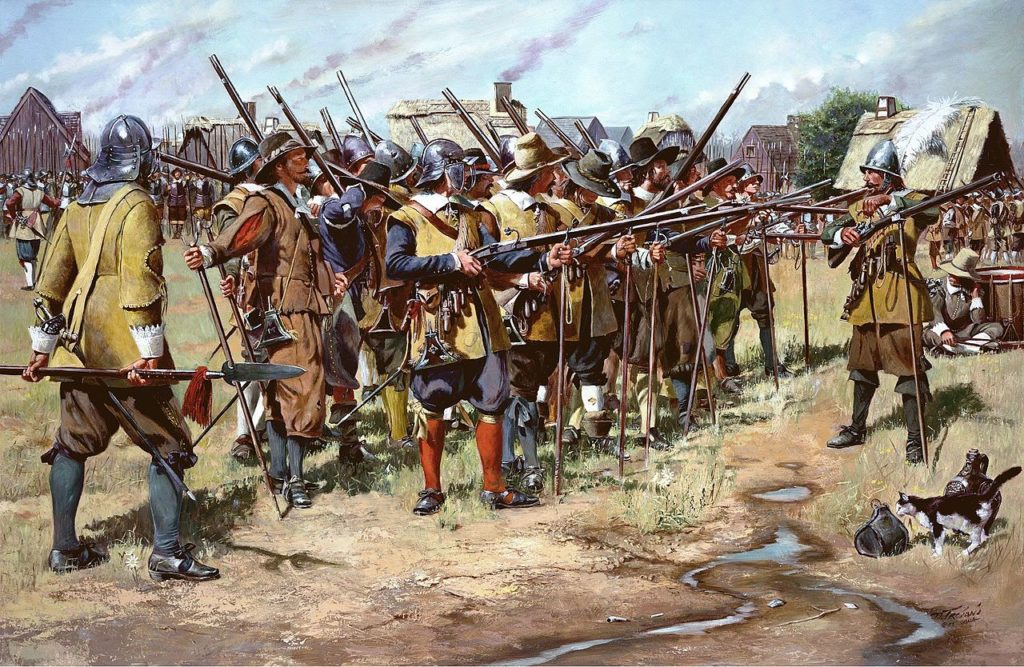
DECEMBER 13, 1636
U.S. National Guard celebrates its 385th Birthday
This year marks the 385th Birthday of the U.S. National Guard. In 1636, the Massachusetts General Court issued an order requiring all able-bodied men between 16 and 60 years of age to create a standing Army for protection. With that order, what we now know as The National Guard was born. Guard members answer the call of our nation by deploying overseas as well as responding to natural disasters in the assistance of friends and neighbors.
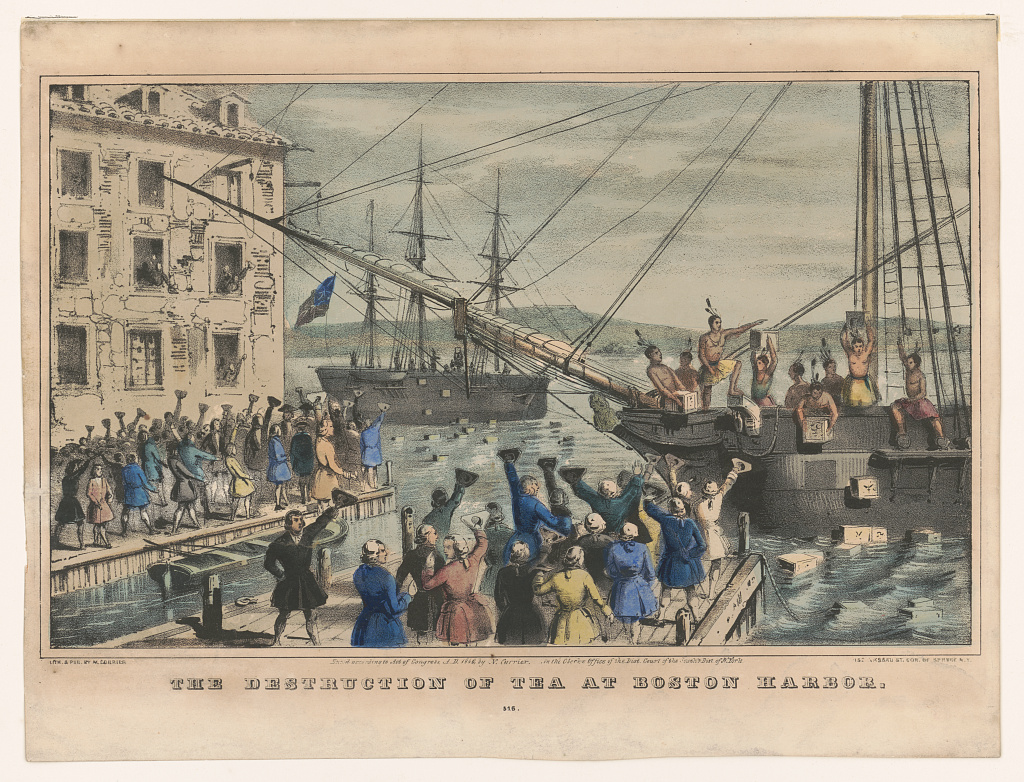
DECEMBER 16, 1773
The Boston Tea Party protest begins
The Boston Tea Party was a protest by the Sons of Liberty on December 16, 1773. The target of their frustration was the Tea Act, which allowed the British East India Company to sell tea in American colonies without paying taxes aside from those of the Townshend Acts. The Sons of Liberty strongly opposed the Townshend Act taxes as a violation of their rights. Demonstrators boarded the ships and threw chests of tea into Boston Harbor. It was a significant event in the growth of the American Revolution because the British Parliament responded in 1774 with the Intolerable Acts, which ended self-government in Massachusetts and closed Boston’s commerce. Colonists of the Thirteen American Colonies responded with protests and then convened the First Continental Congress, petitioning the British monarch to repeal the acts. The crisis was foundational to beginning the American Revolution in 1775.
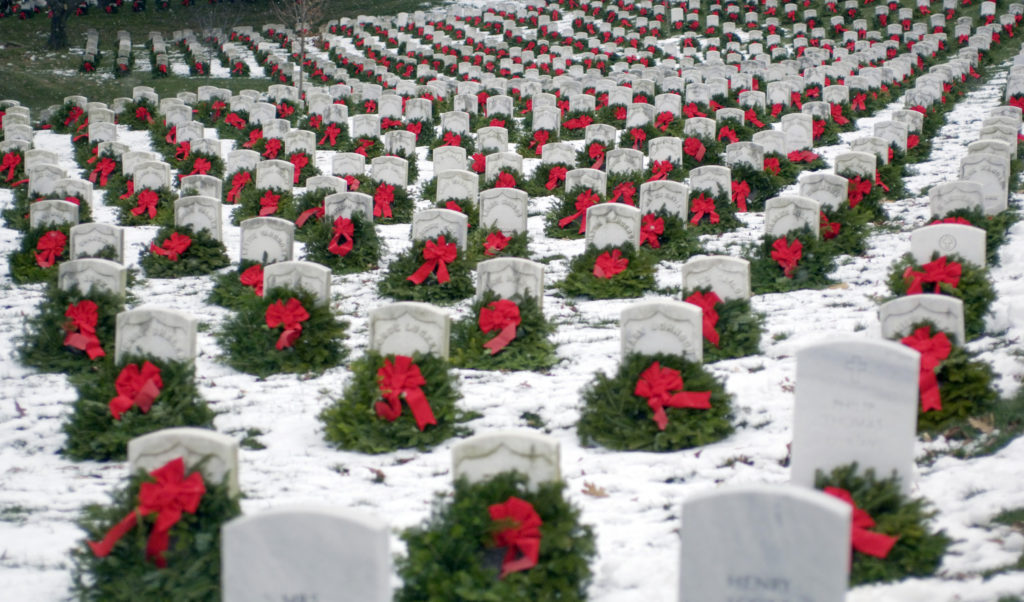
DECEMBER 18
National Wreaths Across America Day
In 1992, Morrill Worcester, owner of Worcester Wreath Company of Harrington, Maine, had a surplus of wreaths as the holiday season was ending. He recalled his experience during a trip he won as a boy to Washington, D.C. Arlington National Cemetery made a particularly deep impression on 12-year-old Morrill, reminding him throughout his life that he owed something to the Veterans who made the ultimate sacrifice for our country. So, with the surplus of wreaths, Worcester made arrangements to have wreaths placed on graves in the older sections of Arlington. Volunteers stepped up to help, and each year, the trip to Arlington grew with supporters, friends, and Veterans. In 2007, the nonprofit organization, Wreaths Across America was formed. On December 13, 2008, Congress unanimously voted to create “Wreaths Across America Day,” held on the second or third Saturday of December.
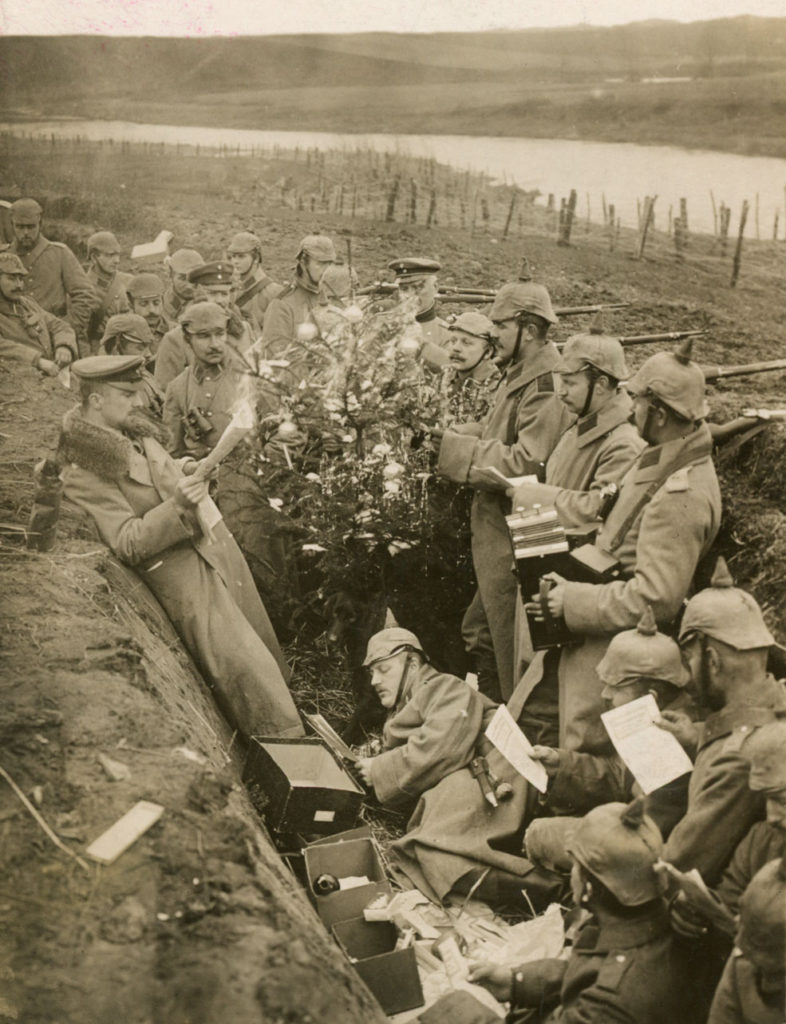
DECEMBER 24, 1914
World War I fighting halts for the Christmas Truce
On Christmas Eve during World War I, German and British troops ceased fighting to sing Christmas carols to one another. At the first light of dawn on Christmas Day, some German soldiers emerged from their trenches and approached the Allied lines calling out “Merry Christmas.” Roughly 100,000 British and German troops were involved in the informal cessations of hostility along the Western Front. The Christmas Truce was particularly significant due to the number of men involved and the level of their participation. It’s often seen as a symbolic moment of peace and humanity amid one of the most violent events of human history.
